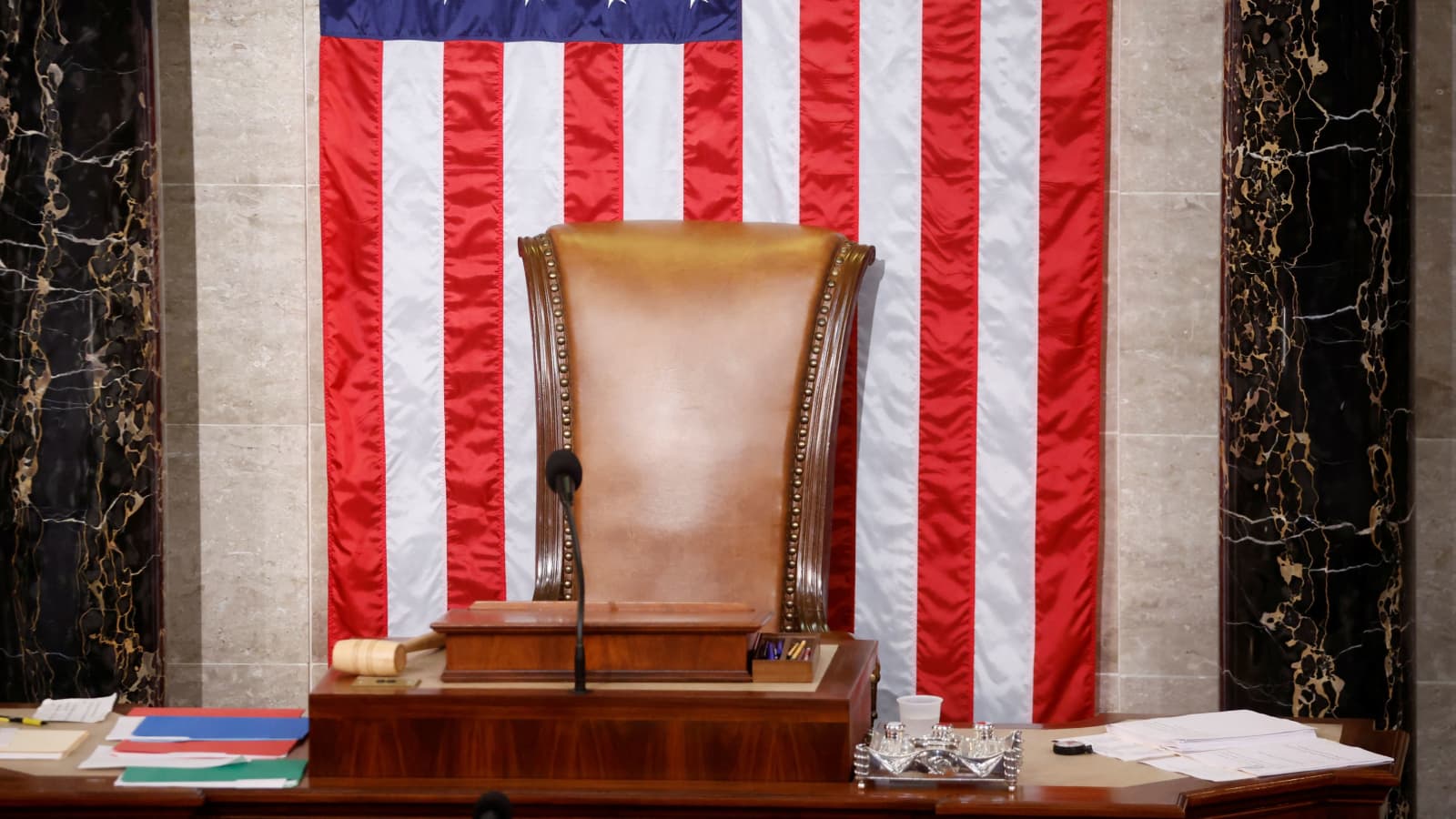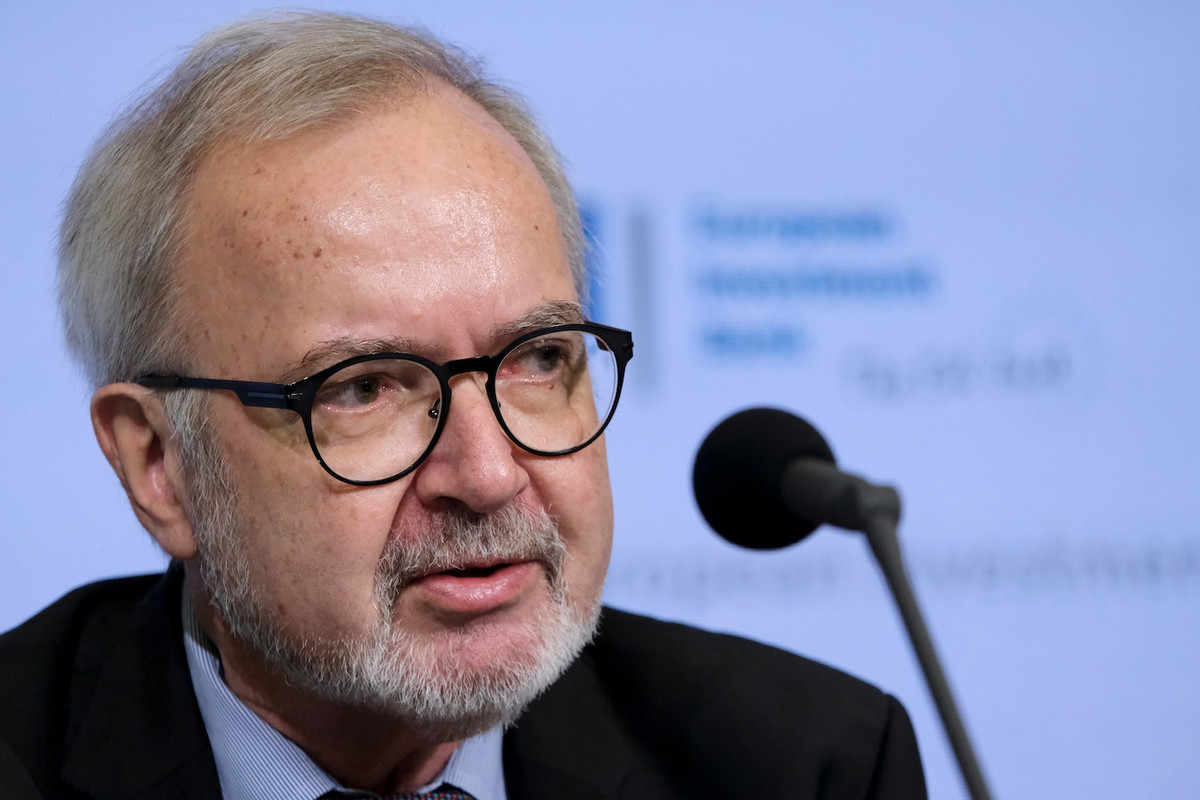In a significant turn of events that has captured the attention of political observers worldwide, the U.S. House of Representatives has finally ended its leadership vacuum by electing Rep. Mike Johnson as its new Speaker. For readers who keep a finger on the pulse of global politics but might not be abreast of the daily intricacies of U.S. politics, this development is monumental. The position of the Speaker in the U.S. is not just ceremonial; it's pivotal. The Speaker is second in the presidential line of succession, following the Vice President, and plays a crucial role in guiding the legislative agenda.
The House had been in a state of flux for over three weeks, a situation quite unprecedented in its history. This leadership crisis began with the ousting of the former Speaker, Kevin McCarthy. His removal left a gaping hole at the helm of the House, leading to a series of events that saw multiple nominees from the Republican party failing to secure enough votes to clinch the position. The inability to quickly find a successor was not just an internal party matter; it had implications for the governance of the country, with legislative processes at a standstill.
So, who is Mike Johnson, the man now entrusted with one of the most influential roles in American politics? Hailing from Louisiana, Johnson is a relatively lesser-known figure on the global stage. However, within the U.S., he has been a member of Congress since 2017. A staunch supporter of former President Donald Trump, Johnson has echoed the controversial stance that the former president did not, in fact, lose the election. This position, along with some of his other views, has made him a polarizing figure in some circles. He has been vocal about his opposition to abortion, a stance that has drawn both support and criticism. While he lacks experience in the House leadership, his election was seen as a unifying move, especially after the divisive events that led to McCarthy's ouster and the subsequent failed nominations. Johnson's promise to restore Americans' faith in Congress and to get the House back to work resonated with many of his colleagues, leading to his election.
The challenges ahead for Speaker Johnson are manifold. First and foremost, he will have to navigate the immediate threat of a government shutdown. With deadlines looming, the House faces the daunting task of passing essential legislation to keep the government funded. Furthermore, the White House has requested a significant emergency aid package, which includes aid for international allies like Israel and Ukraine. These pressing issues, combined with the overarching need to restore stability and order in the House, mean that Johnson has his work cut out for him.
In addition to these immediate concerns, Johnson will also have to address longer-term challenges. The U.S. is grappling with issues ranging from infrastructure to healthcare, and the Speaker's role will be pivotal in shaping the legislative approach to these matters. Moreover, with the 2024 elections on the horizon, Johnson will play a crucial role in setting the tone and agenda for his party.
In conclusion, the election of Mike Johnson as the Speaker of the U.S. House of Representatives marks the end of a tumultuous chapter in American politics. As the world watches, the hope is that under his leadership, the House will regain its stability and continue its essential role in shaping the future of the United States.









